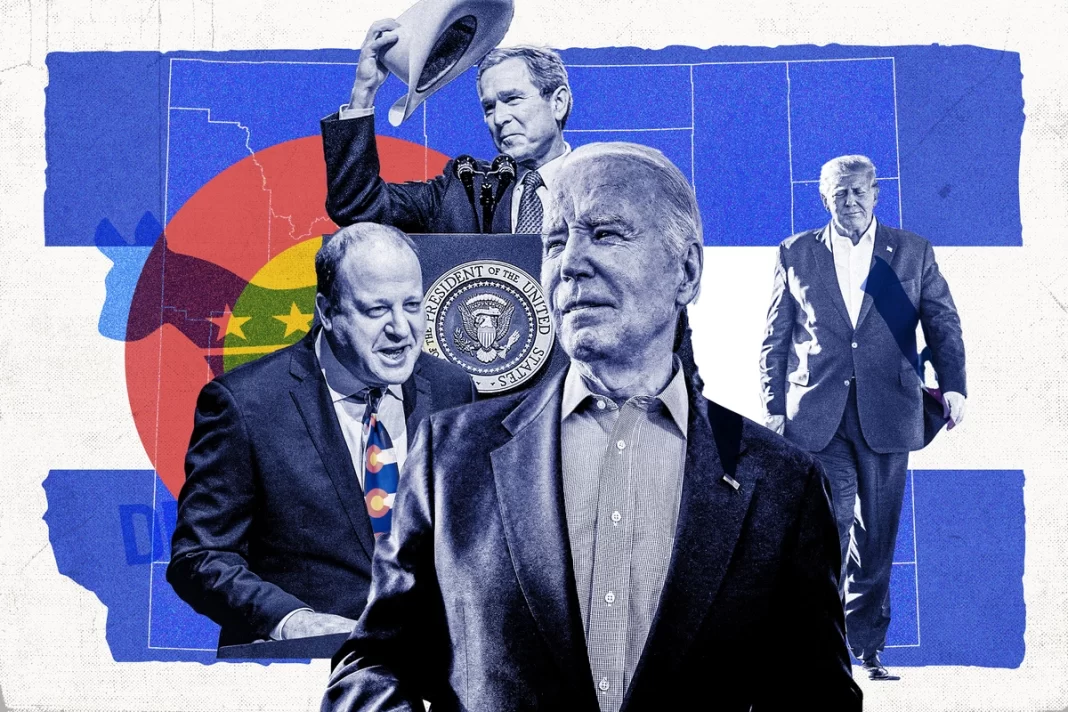The Machiavellian scheming that goes into the waging of war runs several layers deeper than most surface-level analyses marketed to public would suggest, tailored as they are to increasingly short attention spans.
The problem with peace is that the interests that determine war and peace rarely find any use for the latter, whereas they find plenty in war. War delivers the goods in terms of:
- increased domestic crackdown on political dissidence (“we’re in a war, pass the PATRIOT Act or you hate America”; “you’re either with us or you’re with the
- distractions from vexing internal political problems and a new scapegoat ((See: the White House constantly blaming Russia for inflation)
- increased “national security” funding
- the public-to-private transfer money into the pockets of the ruling elites laundered through “defense” contracts
- a terrorized and compliant public (“The whole aim of practical politics is to keep the populace alarmed (and hence clamorous to be led to safety) by an endless series of hobgoblins, most of them imaginary.” -H.L. Mencken)
- various other perks
Certainly, the average individual, per longstanding liberal theory in political science dating back to Immanuel Kant, benefits economically and socially from protracted peace, but the conflation of the interest of the average subject of the state and the state itself is a common fallacy.
(This is a tangent, but the common use of “we,” while understandable shorthand, to describe what the U.S. government does is sloppy. “We” don’t do anything; the government confiscates the wealth of the people, which is views solely as its revenue base and not its constituency, and then does what it likes largely outside of the confines of any public accountability, save for the ceremonial pretense of oversight granted to the Congress. There is no “we” in the equation. The people of the United States are inherently and increasingly separate entities from the government itself.)
Related: ‘War Is Peace’: MSNBC Claims (Again) That Voting Is Anti-Democratic
Its leaders and their children being spared from conscripted service in the trenches, from the state’s perspective, the only real disincentive, in fact, from engaging in war as a default state of affairs as did the Inner Party in 1984 is the threat to the state itself, either from external conquest or internal uprising or economic implosion.
Let’s survey the geopolitical landscape for a moment.
The Iranian regime has been the target of various protest movements over recent years. It turns out a large swathe of the Persian population has little interest in living under an Islamic theocracy, which in 1979 opportunistically seized power over the historically moderate and relatively secular nation during a period of popular revolt against a Western puppet regime that the CIA installed in a coup in 1953 to replace an Iranian nationalist leader who committed the crime of wanting to keep Iranian oil revenue for the benefit of the Iranian people.
Now, under threat of war, the Ayatollah has new political life.
Israeli PM Benjamin Netanyahu, in striking parallels to the Iranian situation, was very likely to be shipped off to prison on corruption charges before war erupted in the latter part of 2023. His regime was on the brink of electoral collapse. Things are looking much brighter for Bibi now — so long as he can keep the war going indefinitely. He has also dispatched his representatives to refuse any full-throated investigation into the apparent security failures of October 7 until after the war ends, which increasingly looks to mean “never.”
On the American home front, the Brandon entity has been having a hell of a time pushing money for his handlers’ various wars through Congress. Following the events of the past weekend, White House spokesman John Kirby is already using the Iranian drone attack as a further pretext to push the stalled national security bill through Congress.
So, the question becomes: what interest do any of these entities have in peace? Where do the incentives lie?
The various actors certainly have preferences in terms of timing and narrative-setting and under what terms their wars are fought. But the essential issue of whether war is desirable and necessary has never been in dispute by any state with a thirst for power, which is to say any state at all in the history of mankind.
“The war, therefore if we judge it by the standards of previous wars, is merely an imposture. It is like the battles between certain ruminant animals whose horns are incapable of hurting one another. But though it is unreal it is not meaningless. It eats up the surplus of consumable goods, and it helps to preserve the special mental atmosphere that the hierarchical society needs. War, it will be seen, is now a purely internal affair. In the past, the ruling groups of all countries, although they might recognize their common interest and therefore limit the destructiveness of war, did fight against one another, and the victor always plundered the vanquished. In our own day they are not fighting against one another at all. The war is waged by each ruling group against its own subjects, and the object of the war is not to make or prevent conquests of territory, but to keep the structure of society intact. The very word “war,” therefore, has become misleading. It would probably be accurate to say that by becoming continuous war has ceased to exist. The peculiar pressure that is exerted on human beings between the Neolithic Age and the early twentieth century has disappeared and has been replaced by something quite different. The effect would be much the same if the three superstates, instead of fighting one another, should agree to live in perpetual peace, each inviolate within its own boundaries. For in that case each would still be a self-contained universe, freed forever from the sobering influence of external danger. A peace that was truly permanent would be the same as a permanent war. This–although the vast majority of Party members understand it only in a shallower sense–is the inner meaning of the Party slogan: WAR IS PEACE.”
-George Orwell, 1984
Ben Bartee, author of Broken English Teacher: Notes From Exile, is an independent Bangkok-based American journalist with opposable thumbs.
Follow his stuff via Substack. Also, keep tabs via Twitter.
For hip Armageddon Prose t-shirts, hats, etc., peruse the merch store.
Support always welcome via insta-tip jar.





